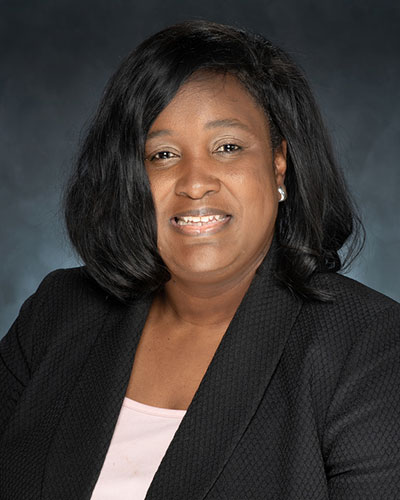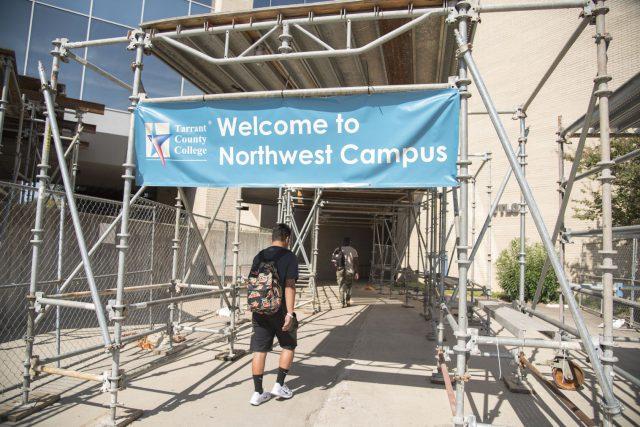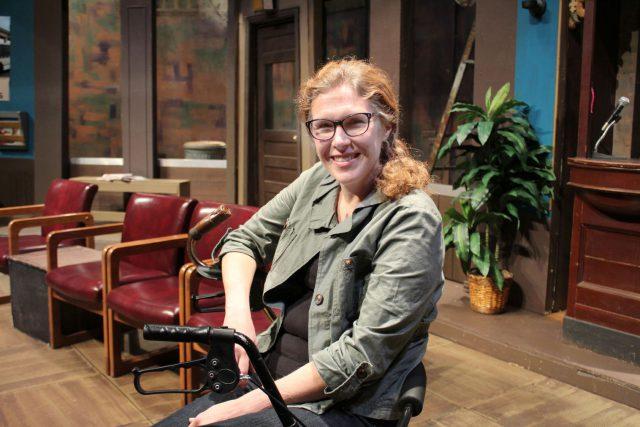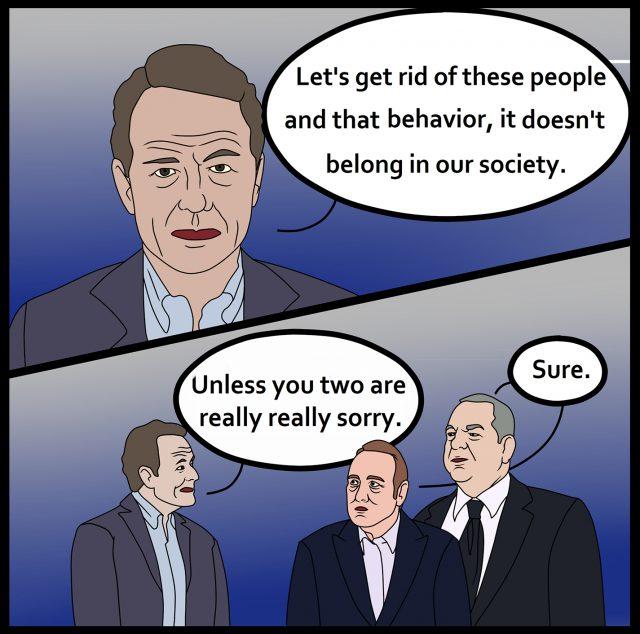By Lana Shuck/reporter
For famous couples like Rihanna and Chris Brown or ordinary, garden-variety couples, ignoring warning signs in an unhealthy relationship can lead to abuse, suicide or even murder.
“Healthy relationships are based upon equality and nonviolence,” SE counselor Michelle Faith said. “Unhealthy relationships are based upon power and control.”
Every minute in America, 24 people are victims of rape, physical violence or stalking by an intimate partner — more than 12 million women and men per year, according to National Domestic Violence Hotline statistics.
Amy Suffield, community education services coordinator for The Women’s Center of Tarrant County, said new couples often don’t see unhealthy signs because they focus on good things. But friends do. She recommends considering whether advice has merit.
“Look at how your date treats other people, not just you,” Suffield said.
Some early relationship warning signs are needing constant time together, disregarding boundaries, jumping in too fast and blaming relationship fails on others, she said.
In healthy relationships, partners have equal power built on honesty, trust, compassion, loyalty, respect for different beliefs or values, independent interests and friendships, and lots of talking, Suffield said.
In unhealthy relationships, one partner takes control by isolating, minimizing or denying abuse. They may also shift blame for abuse, threaten to take children, control knowledge or access to personal and family income, and make all the big decisions. Some define gender roles, place partners in servant roles or coerce partners to commit crimes. They might even ask a partner to drop charges, threaten to report a partner’s illegal activities and threaten harm or suicide, Faith said.
Nearly half of all women and men in the United States have experienced psychological aggression from an intimate partner, the National Domestic Violence Hotline reports.
“Emotional abuse happens when one partner puts the other down or calls names, makes the partner feel as though they’re crazy, plays mind games and uses humiliation or guilt,” Faith said.
Faith and Suffield advised leaving an emotional or physically abusive relationship as soon as safely possible. Get advice from someone experienced with dating violence before leaving, because it’s the “most dangerous time,” Suffield said. Safe exit plans are different for each person but might include cash, a place to stay and letting supportive people know.
Both Faith and Suffield recommended the National Domestic Violence Hotline at 1-800-799-7233.
Call 911 for immediate danger and reach out to physicians or counselors, Faith said.
TCC special projects police Lt. Toni Owens said sexual assault victims should “report it, seek medical help and counseling, and know it isn’t their fault.”
Students can call 817-515-8911 and ask for the victim assistance coordinator or make confidential reports at http://www.tccd.edu/services/police-department/victim-assistance/.









































